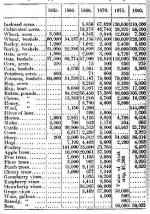Let the information flow here, let others research new areas. Something you read about, heard, or knowledge you came upon. The internet is cool, but tidbits of of old info is way cooler. Add your story. johnnysau
Upvote
0




